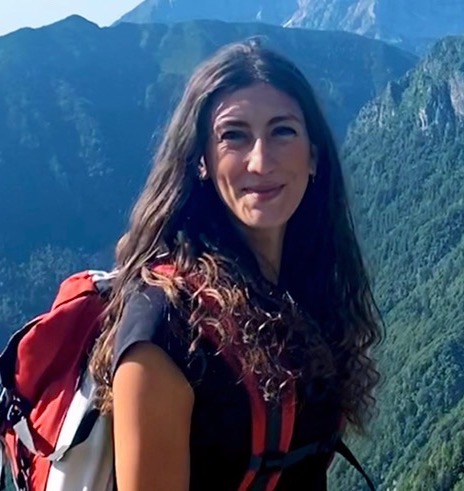1. Understanding debates over urban development projects: navigating sustainability, affordability, and livability issues in Vancouver’s Broadway Plan
2. Lost in Transition – Dissolved Carbon Evolution along a Pacific Maritime Headwater Stream Network
Location: Beaty Museum Allan Yap Theatre (Basement, 2212 Main Mall) Please check in at the Admissions Desk first before going to the Theatre.
No food or drinks allowed in the Theatre.
View video here
Talk summary:
Transit-oriented development (TOD) is increasingly recognized as a promising approach to reduce GHG emissions, being transportation a major emitter in urban areas. However, densification and TOD are subjects of intense debate and controversy. This research sheds light on urban residents’ perceptions of transit-oriented development, focusing on the Broadway Plan, a transit-oriented initiative recently approved by the City of Vancouver, as a case study. Through the analysis of public hearings as well as semi-structured interviews, patterns in the perceptions of residents, community groups, and experts towards transit-oriented development were identified. The study reveals that people’s lived experiences significantly shape their attitudes towards development, influencing their vision of an ideal city and the policy direction they believe local governments should take. Understanding these diverse perspectives provides valuable insights for shaping future transit-oriented development policies that consider the needs of both present and future residents.

Bio:
Giulia is a master’s student at the Institute for Resources, Environment, and Sustainability, supervised by Dr. Milind Kandlikar. She completed her undergraduate studies at the University of Trento in Political Science and International Relations. Giulia is interested in the social and political aspects of sustainability transitions and her master’s thesis explores the housing and climate crisis nexus, investigating urban resident’s perceptions of transit-oriented development projects. Giulia is also involved in a community-based, participatory research project exploring the impact of extreme heat on precariously housed individuals in Metro Vancouver. While at UBC, she has completed two sustainability internships: with Fraser Basin Council and CityHive.
Talk summary:
The latest global estimate of CO2 emissions from freshwater is similar in magnitude to the annual terrestrial carbon sink. This freshwater emissions estimate included large rivers and lakes, but headwater streams remained poorly characterized. This research sought to quantify the carbon transported, processed, and emitted in a headwater stream located 50 km northeast of Vancouver, BC.
The south coast of British Columbia includes unique ecosystems where highly productive rainforests sit on steep mountainous slopes. As the small stream passes through pools, riffles and waterfalls, turbulence drives dissolved CO2 into the atmosphere, akin to a soda going flat after shaking. Automated sensors were deployed to capture this process and showed at least 40% of transported CO2 is lost within 3.3km downstream of a lake, equivalent to a quarter of the lake’s emission. This implies a potential underestimation of headwater emission from our current global evasion estimates.

Brian Wang, IRES MSc Student
Bio:
Brian is a MSc student in the UBC Ecohydrology Lab supervised by Dr. Mark Johnson. He is interested in understanding local scale carbon processes to determine if these fluxes scale along with the accelerating hydrological cycle. Additional interest in environmental instrumentation having worked with lab-made low cost sensors to high precision gas analyzers.
Brian graduated from UBC with a BSc in Environmental Sciences specializing in atmospheric science and hydrology. During this time, he was a part of various groups assisting in GHG characterization from agricultural fields to glaciers. As a passion project, he compared the effectiveness of machine learning techniques in forcing energy balance closure.